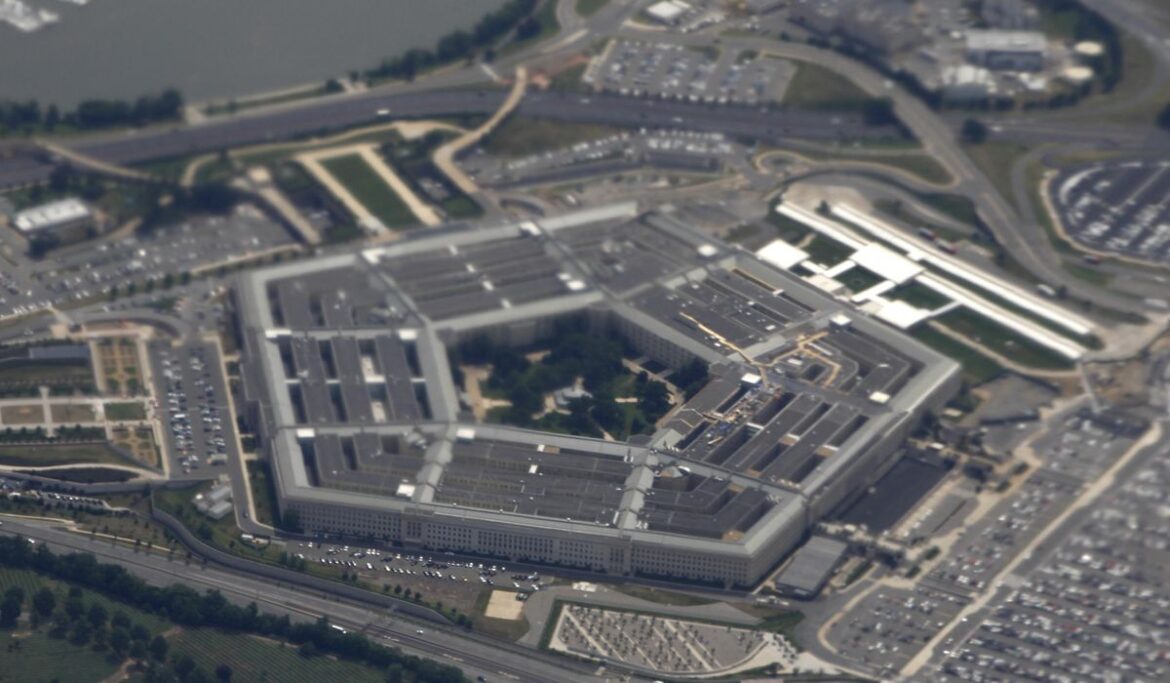
House Democrats say the $762 billion defense spending bill they’re offering for the coming 2022-2023 fiscal year is an increase of more than $32 billion from last year and is in line with President Biden’s budget request, but it will face pressure from lawmakers seeking more defense dollars because of inflation and from liberal lawmakers who say now is the time to slash the military accounts.
On Tuesday, the House Appropriations Committee released the draft 2023 defense funding bill and rejected calls from Republicans and some Democrats to raise the budget by 3% to 5% above inflation rates.
In addition to the traditional tasks associated with a Pentagon budget, the bill also contends with a number of hot-button social issues. It would prohibit any funds from being used to deny leave to service members who want to obtain an abortion. It would also earmark $1 million to the Army so it can rename installations and streets that bear the name of former leaders of the Confederacy.
Minnesota Democratic Rep. Betty McCollum, who chairs the House Appropriations defense subcommittee, called the measure a “responsible investment in our national security that will keep our nation strong and the American people safe.”
The FY 2023 budget recommendation for military procurement is $142 billion — a decrease of just under $1 billion below the initial budget request. It will fund 61 F-35 Lightning II aircraft; 18 F-15 EX aircraft; 10 HH-60W combat rescue helicopters; 35 UH-60M Blackhawk helicopters; and 12 CH-53K helicopters, among other big-ticket items.
It will also provide about $28 billion to procure eight Navy ships, including at least two guided-missile destroyers, two attack submarines, and an amphibious assault vessel.
At just under $132 billion, the sharpest funding jump in the draft bill is for research and testing programs. It will fully fund the continued development of the F-35 Joint Strike Fighter, and provide more than $1 billion to support the Army’s helicopter replacement program: the Future Light Reconnaissance Aircraft and the Future Long Range Assault Aircraft. The draft bill also fully funds the continued development and testing of the CH-53K helicopter, officials said.
House Democrats said the committee held 18 hearings — both public and classified — to gather input from the Biden administration as they wrote the legislation.
Russia’s invasion of Ukraine has prompted several additions to the FY 2023 appropriations bill. Lawmakers want to set aside almost $1.4 billion for nations in the region facing Russian aggression, including $25 million for Georgia, $18.75 million each for Poland and Romania, and $12.5 million for Bulgaria.
“As Vladimir Putin continues his brutal, illegal war in Ukraine, this legislation continues to support the Ukrainian people in their fight to defend their democracy,” Ms. McCollum said.
The House measure has several other “thou shalt not” restrictions, including denying any funds to the Taliban or the Russian state-owned arms export agency, known as Rosoboronexport. It also prohibits funding to support any offensive military operations being carried out by Saudi Arabia in the war against the Houthis in Yemen, according to the measure.
The bill also blocks the Navy from sending five of the controversial Littoral Combat Ships to the graveyard. It says Pentagon officials should consider “alternate uses” of the vessels, such as working alongside Latin America-focused U.S. Southern Command and U.S. Africa Command.
The appropriations committee blueprint for the coming fiscal year is only the opening salvo in the battle over defense dollars. Politico reported Tuesday that liberal Democratic Reps. Barbara Lee of California and Mark Pocan of Wisconsin have already introduced a bill calling for a $100 billion cut from the fiscal 2022 levels, saying that money for the Pentagon is crowding out vital domestic social programs.
As the House works out its spending bills, the Senate is assembling its own version of the annual defense policy bill. Once both chambers have passed their bills, lawmakers will reconcile them in a conference committee.





